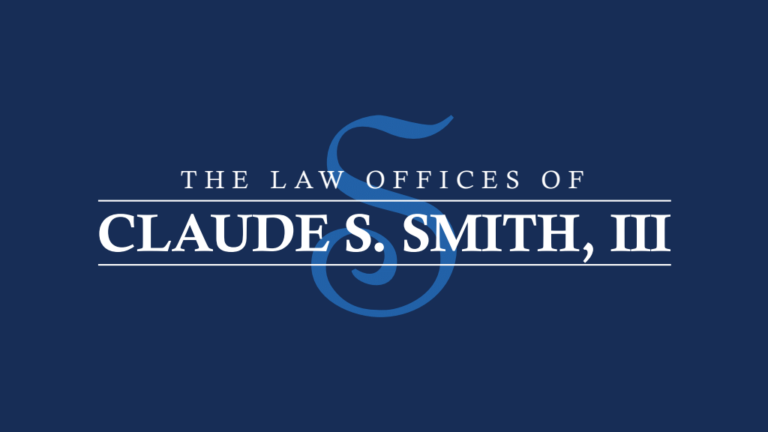
Just as an individual pays taxes, so do estates. An estate is required to file an annual income tax return for each calendar year it is open, even if only for part of the year. This is in addition to the estate tax return and the decedent’s final tax return, explains a recent article “The Dangers Of Distributing Estate Assets Too Soon” from Forbes.
The estate tax return is based on the assets in the estate, the income received and deductible expenses paid during the calendar year. Only one estate tax return is required. However, as long as the estate is open, an annual estate income tax return needs to be filed.
To minimize income, many executors distribute income to beneficiaries shortly after it comes into the estate. The estate takes a deduction for the income distributed to beneficiaries in the same year it is received by the estate. Beneficiaries are required to include the distribution in their gross income.
However, if the estate does not distribute income before the end of the year, the estate will owe income taxes. There are further complexities to be aware of, including what happens if an executor receives unexpected income or does not know the tax impact of certain transactions. The estate has to pay taxes, but what happens if all assets have been distributed?
The estate still owes those taxes.
The executor may be personally liable for paying the taxes.
If some of the expenses the estate pays are not deductible, but the executor thinks they are, then the estate will have an income tax liability, possibly without the cash to pay it.
The estate often receives property taxable as income if it is not distributed to beneficiaries, like a stock dividend. The estate receives the stock, and its taxable income based on the value at the date of the distribution.
If the estate does not distribute the stock to beneficiaries until later in the year and the stock’s value declines, the estate is still required to recognize the income equal to the stock’s value on the date it was received. If the executor deducts the lower value of the stock, then the estate will be liable for the income tax on the difference.
In some cases, these kinds of issues can be prevented by maintaining a certain level of cash in the estate account until the final estate tax return is filed. The beneficiaries receive distributions once all of the taxes—estate income, estate and final individual or final joint—are paid.
For larger or more complex estates, it is wise to have a tax discussion with the estate planning attorney, the family CPA and the executor, so all parties are prepared for tax liabilities in advance.
Contact our offices now to schedule a call to discuss your important estate questions.
Reference: Forbes (Feb. 16, 2022) “The Dangers Of Distributing Estate Assets Too Soon”
Legal problems are extremely stressful, especially when your family, your health, or your freedom are at stake. At this point in time, you may not even be sure what kinds of questions you need to ask a lawyer, but that’s entirely normal. Whether your situation involves family law, estate planning, elder law, a criminal charge, or a personal injury, we will start by giving you all the information you need.
The way we see it, you deserve to get this information directly from an expert. That’s why we make it easy for you to get in touch with your lawyer, and we never ask you to sit down with a paralegal or assistant instead.
As our relationship continues, we will keep you updated about the status of your case every step of the way. Your lawyer will reach out regularly to tell you about any new developments, and he will also be happy to answer any questions you have throughout the process.
